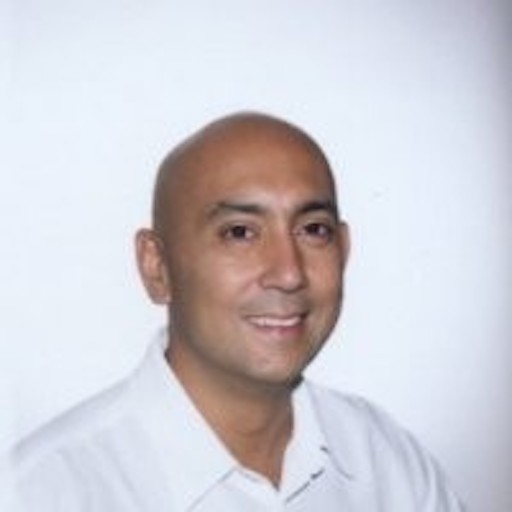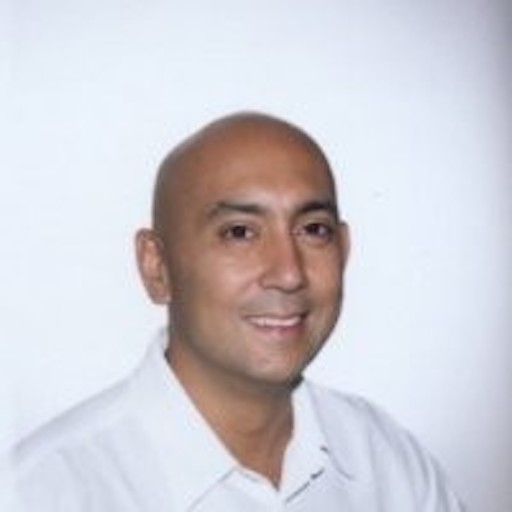
Photo by Osman Rana on Unsplash
We will also be in Boston on September 10 and 11, to meet speakers
exhibitors and participants, and to share this valuable content with all our readers. Let us know via Twitter or on our Telegram group, if you also participate, this can be an opportunity to connect.
If you are not yet registered, it is urgent to buy your ticket by following this link. To view the full program of these two days of conference, here are the links to the 1st day and the 2nd day.
exhibitors and participants, and to share this valuable content with all our readers. Let us know via Twitter or on our Telegram group, if you also participate, this can be an opportunity to connect.
If you are not yet registered, it is urgent to buy your ticket by following this link. To view the full program of these two days of conference, here are the links to the 1st day and the 2nd day.
Quantaneo : Quantum.Tech Congress will be a « business » conference focusing on « applications ». How will it be different from existing academic and more technical conferences?
Amit Das : After speaking to dozens of practitioners in the field, it was clear what was missing in the market: an event focused on the needs of enterprises. Executives from global Fortune 1000 companies that were tasked with either exploring quantum technologies, or actually building use cases or proof of concepts had no event to go to in order to network with each other, benchmark successes and roadblocks, and learn about the current state of quantum technologies. Businesses are not interested in published papers or academic research. They care about technology that will make processes faster, cheaper, more efficient. I wanted to provide a forum where they could access that.
Quantaneo : Quantum supremacy is still a hope. BCG and others talk about quantum applications becaming mainstream in 15 to 20 years… why do you think that 2019 is the right moment to launch a business conference focusing on quantum computing applications?
Amit Das : We are currently in the NISQ era. Although quantum advantage has been theoretically demonstrated, you are right, there is no practical, proven speed up. BUT, even with the noisy machines we have today, and applications we have today, there is plenty of very useful work that can be done. And given the complexity of the subject matter and processes involved, unless you start preparing for a quantum future today, you will be left behind. Which company wants to take the risk of not being prepared when the technology matures? Or being caught out by a rogue actor (state or criminal) that does develop the technology? You can’t just go out and build quantum knowledge overnight. It takes a methodical and considered reevaluation of people, processes and technology architecture.
Quantaneo : You choose USA and Boston for this first edition. Why USA (and not China)? And why Boston (and not Silicon Valley)?
Amit Das : I chose the US as the destination for the 1st event simply because I know the US market very well (I am a US citizen and ran a US-based events business for 12 years). Simply put, it is a big, rich, homogenous market. I deliberately placed the event on the East Coast to focus on enterprise and industrial applications (including Financial Services, Pharmaceuticals/ Life Sciences etc). I felt if I put the event in Silicon Valley it may be too start-up/ VC focused. I also wanted to attract Europeans, so slightly easier to get to. Also with Harvard, MIT, Yale, and Waterloo all relatively close I thought I could get plenty of academic expertise too.
Quantaneo : Quantum Computing is a difficult subject. It seems to need a lot of mathematics to be understood. Who can come to your conference and be able to understand all the Ph.D’s that will speak? Which technical level is a pre-requisite?
Amit Das : I have made it clear to all speakers that although the majority of the audience will have technical knowledge, the key goal is to focus on practical, commercial use cases. Limit the amount of Greek letters in your presentations! Although pretty much everyone coming has either a physics, mathematics or computer science background, not necessarily to Ph.D level, but very proficient, that isn’t a requirement.
Quantaneo : If you had one argument to share, THE argument to convince your boss you need to attend Quantum.Tech Congress, what will it be?
Amit Das : Quantum technologies present a tremendous set of risks and opportunities: although the technology is not mature, the pace of development is such that if you are not on top of it, you will be left behind. And if you are left behind in a quantum future, you will face an extinction moment. It is critical to understand the landscape, understand the risks and opportunities, and understand the potential applications for your business.
Amit Das : After speaking to dozens of practitioners in the field, it was clear what was missing in the market: an event focused on the needs of enterprises. Executives from global Fortune 1000 companies that were tasked with either exploring quantum technologies, or actually building use cases or proof of concepts had no event to go to in order to network with each other, benchmark successes and roadblocks, and learn about the current state of quantum technologies. Businesses are not interested in published papers or academic research. They care about technology that will make processes faster, cheaper, more efficient. I wanted to provide a forum where they could access that.
Quantaneo : Quantum supremacy is still a hope. BCG and others talk about quantum applications becaming mainstream in 15 to 20 years… why do you think that 2019 is the right moment to launch a business conference focusing on quantum computing applications?
Amit Das : We are currently in the NISQ era. Although quantum advantage has been theoretically demonstrated, you are right, there is no practical, proven speed up. BUT, even with the noisy machines we have today, and applications we have today, there is plenty of very useful work that can be done. And given the complexity of the subject matter and processes involved, unless you start preparing for a quantum future today, you will be left behind. Which company wants to take the risk of not being prepared when the technology matures? Or being caught out by a rogue actor (state or criminal) that does develop the technology? You can’t just go out and build quantum knowledge overnight. It takes a methodical and considered reevaluation of people, processes and technology architecture.
Quantaneo : You choose USA and Boston for this first edition. Why USA (and not China)? And why Boston (and not Silicon Valley)?
Amit Das : I chose the US as the destination for the 1st event simply because I know the US market very well (I am a US citizen and ran a US-based events business for 12 years). Simply put, it is a big, rich, homogenous market. I deliberately placed the event on the East Coast to focus on enterprise and industrial applications (including Financial Services, Pharmaceuticals/ Life Sciences etc). I felt if I put the event in Silicon Valley it may be too start-up/ VC focused. I also wanted to attract Europeans, so slightly easier to get to. Also with Harvard, MIT, Yale, and Waterloo all relatively close I thought I could get plenty of academic expertise too.
Quantaneo : Quantum Computing is a difficult subject. It seems to need a lot of mathematics to be understood. Who can come to your conference and be able to understand all the Ph.D’s that will speak? Which technical level is a pre-requisite?
Amit Das : I have made it clear to all speakers that although the majority of the audience will have technical knowledge, the key goal is to focus on practical, commercial use cases. Limit the amount of Greek letters in your presentations! Although pretty much everyone coming has either a physics, mathematics or computer science background, not necessarily to Ph.D level, but very proficient, that isn’t a requirement.
Quantaneo : If you had one argument to share, THE argument to convince your boss you need to attend Quantum.Tech Congress, what will it be?
Amit Das : Quantum technologies present a tremendous set of risks and opportunities: although the technology is not mature, the pace of development is such that if you are not on top of it, you will be left behind. And if you are left behind in a quantum future, you will face an extinction moment. It is critical to understand the landscape, understand the risks and opportunities, and understand the potential applications for your business.










 The French startup ColibriTD has raised €1 million in funding from the Earlybird fund to make quantum computing universally accessible
The French startup ColibriTD has raised €1 million in funding from the Earlybird fund to make quantum computing universally accessible